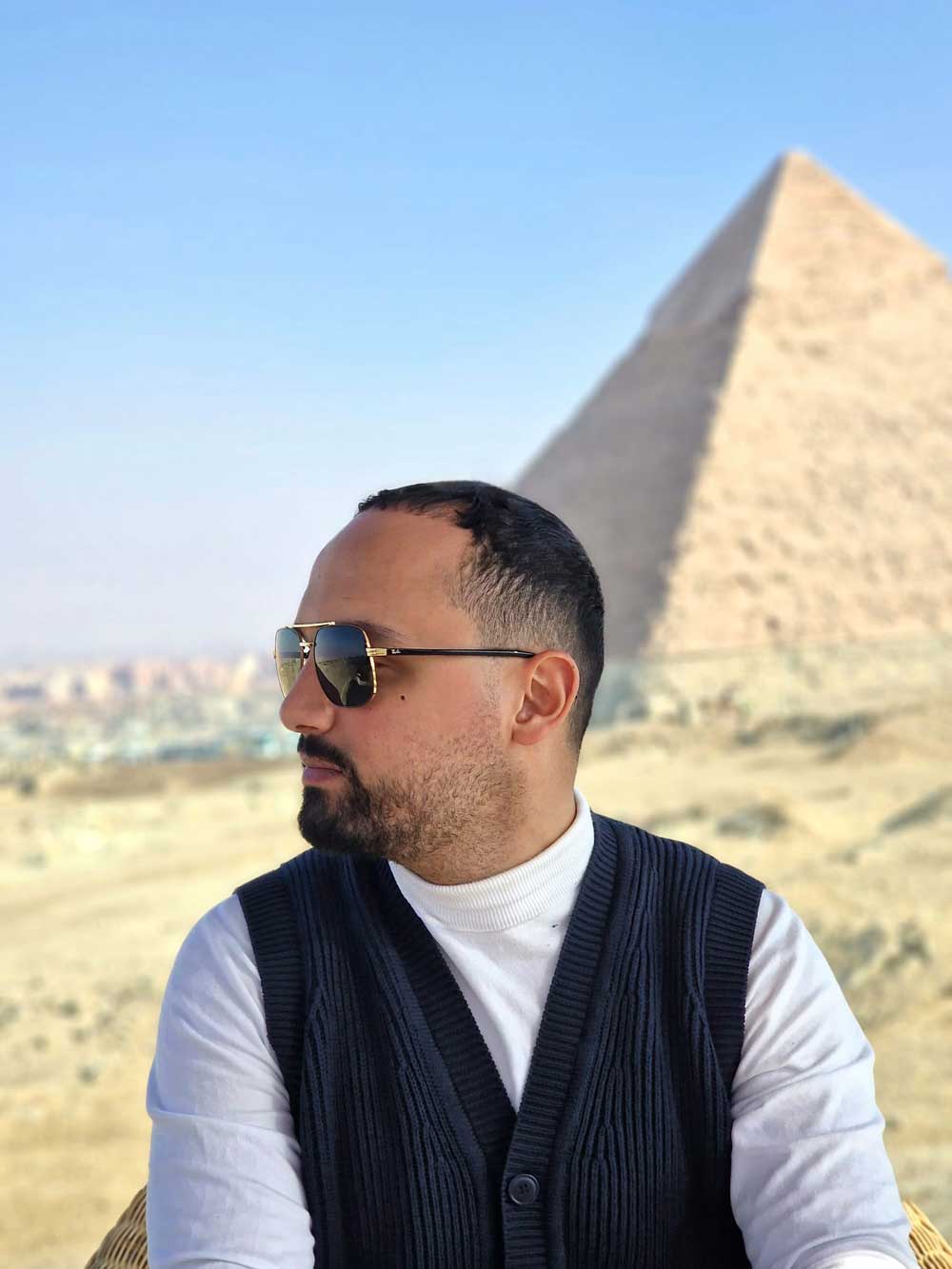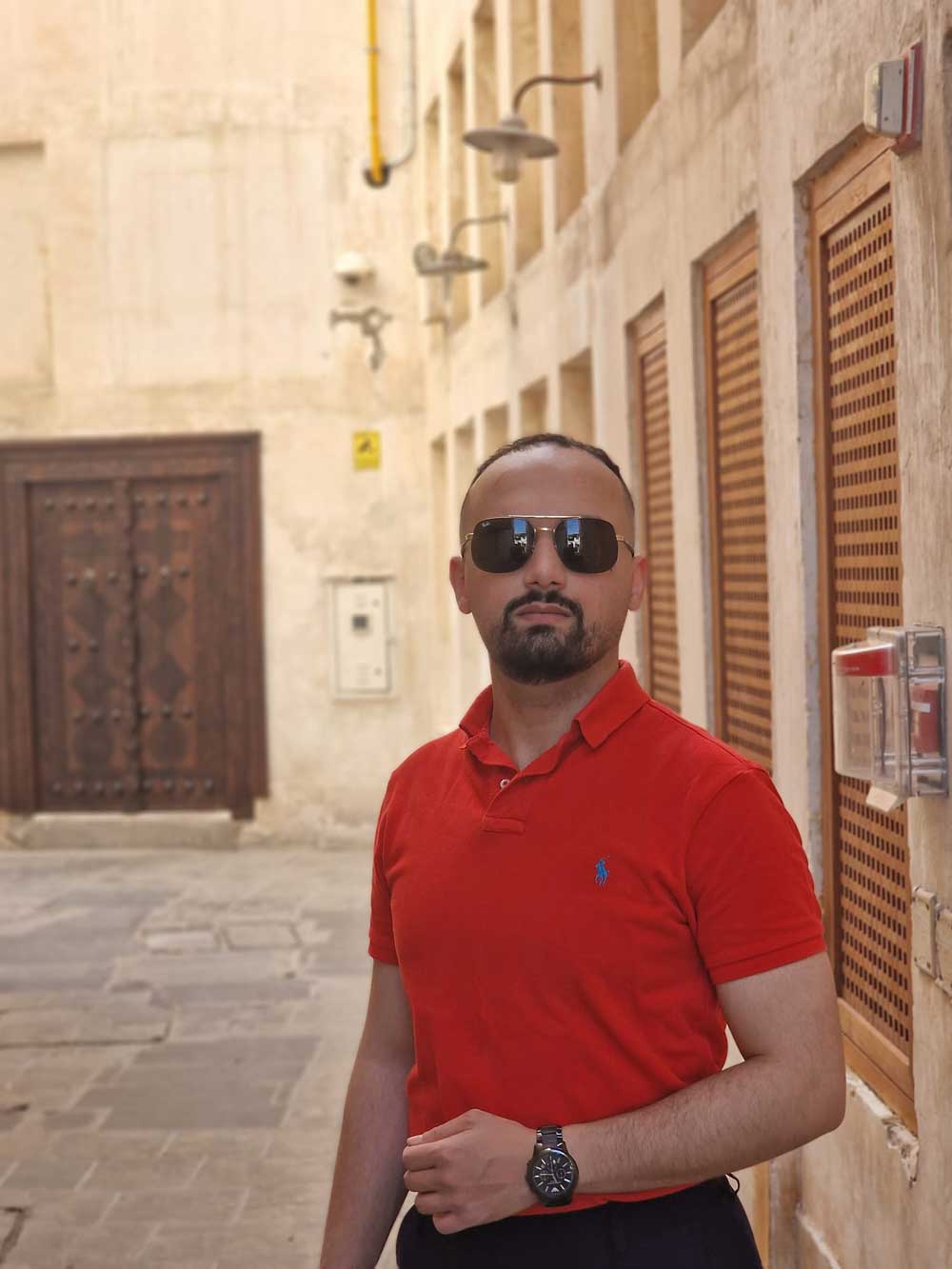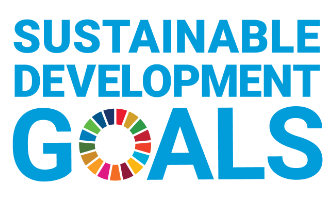Trigger warning: this text is about sexual and gender-based violence.
Cultural mediators are at the heart of the SAMEN project, a collaboration between the International Organization for Migration and Doctors of the World. This project aims to raise awareness about sexual and gender-based violence within migrant communities in the Netherlands and improve access to support services. Cultural mediators, like 29-year-old Ali, are qualified professionals with a migration background who play a crucial role in bridging the gap between newcomers and the Dutch healthcare system. In this article, Ali shares his experiences.
Ali’s Story
Born in Syria and of Palestinian descent, Ali came to the Netherlands at the age of 20. Nine years later, he completed his bachelor’s degree in medicine at the Vrije Universiteit in Amsterdam and is now pursuing his master’s degree. In December, he will start his medical internships.
Alongside his studies, Ali works as a medical assistant in the cardiology department of a hospital in Amsterdam. His mother, Sanaa, was already involved as a cultural mediator in the SAMEN project. These mediators, trained to address sexual and gender-based violence within migrant communities, share a migration background with the people they support, giving them a deep understanding of the challenges newcomers face in the Netherlands.
Sanaa told Ali about her work as a cultural mediator. "She mentioned that the role might suit me as well, since I’m studying medicine," Ali explains. "Newcomers often find the Dutch healthcare system difficult to understand, so I thought it would be good to help them from a medical point of view."

Challenges Faced by Newcomers
As soon as Ali first arrived in the Netherlands, he noticed how different everything is compared to Syria. "Overall, the system here is good, but things like referrals can be complicated," he says. "In many countries, people have direct access to specialists, and antibiotics can be obtained from the pharmacy without a prescription. That’s not possible in the Netherlands."
Through his own experiences, Ali truly understands the challenges of migrants. As a cultural mediator, he listens to the stories of newcomers struggling with traumatic experiences and helps them find the care they need.
One of the most impactful experiences Ali recalls is supporting a young woman who was being harassed by a boy in the reception center where she lived. "I supported her during her conversation with the psychologist. Because I spoke her language, she trusted me with her story, and I made sure that it was accurately translated to the psychologist. In the end, the situation was resolved, and the woman now lives in a place where she feels safe."
Cultural Mediators

According to Ali, cultural mediators are irreplaceable because they bridge the gap between different cultures. "They make it easier to explain how the system works and offer advice on what someone could do. As a team, we can do this in many languages: Farsi, Turkish, Afghan, Urdu, and many more." He adds, "It’s essential that a person's request for help is truly understood. Good communication is the most important part of any support process."
The role of cultural mediators in providing inclusive healthcare support is crucial. They ensure that newcomers find their way in a complex system and receive the care they need. Ali’s work is a good example of how medical knowledge and cultural sensitivity are combined in the SAMEN project to provide the right support.
Listen to Ali's story
English
Français
العربية
دری
ትግርኛ ፊደል
Af-Soomaali
Read Ali's story in other languages:


C0-funded by the European Union. Views and opinions expressed are however those of the author(s) only and do not necessarily reflect those of the European Union or DG JUST. Neither the European Union nor the granting authority can be held responsible for them.



